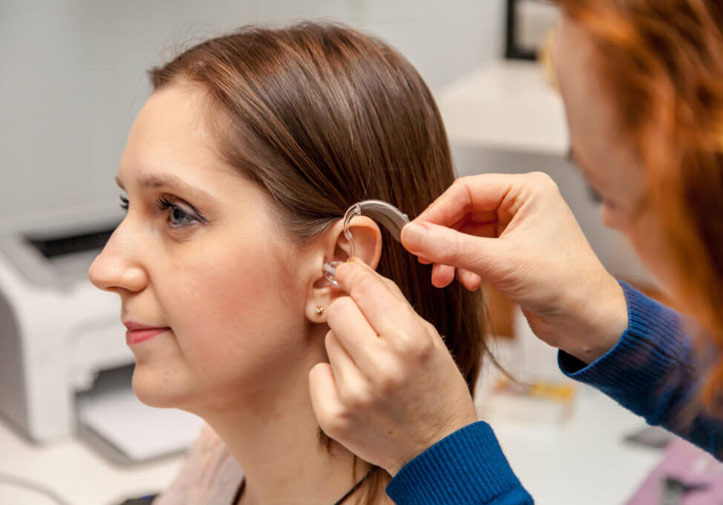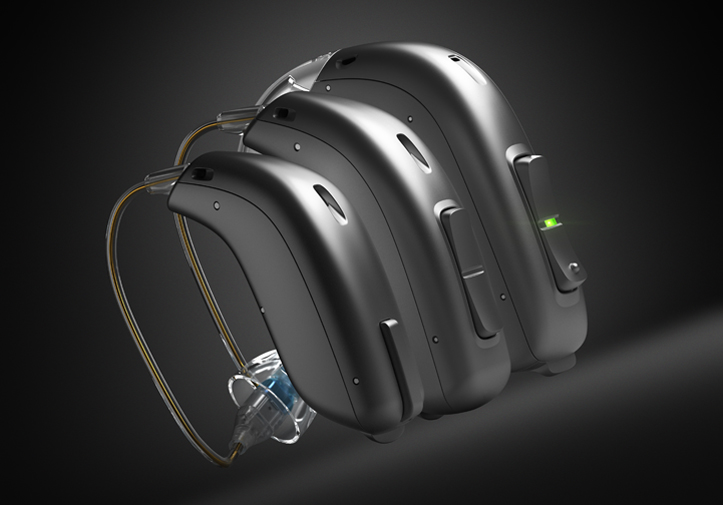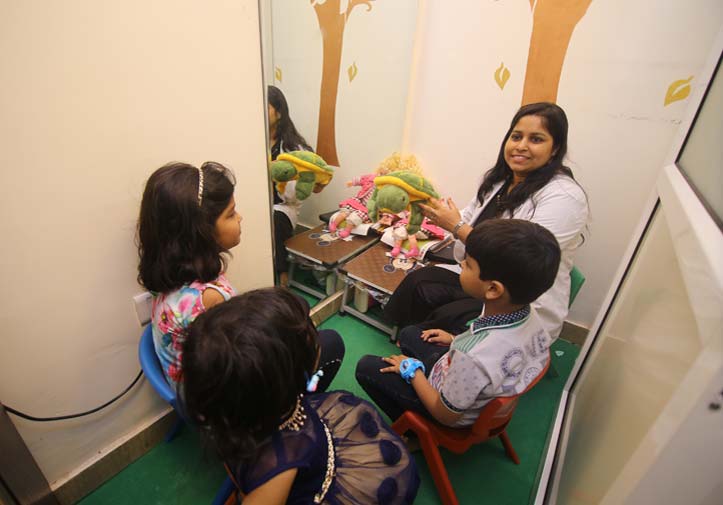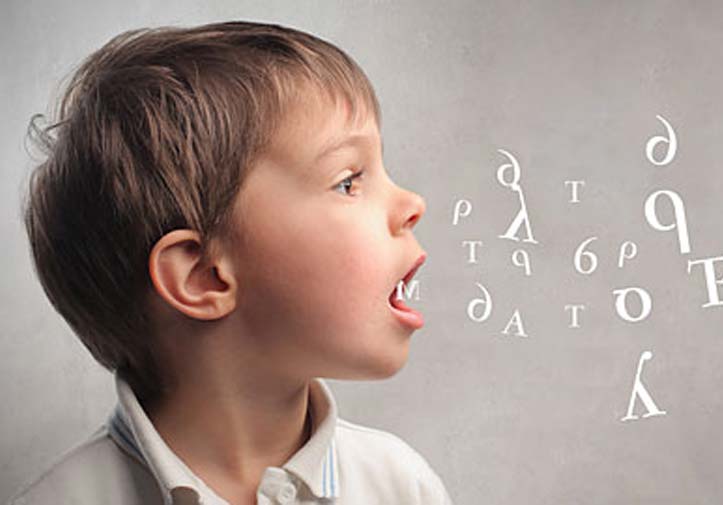- Opening Hours: 10am to 7pm(Monday-Saturday). Sunday on call appointment
- +91-9958309690, 8586929155 Book Appointment

The loss of hearing is a typical problem for people who are elderly, and one-third of people between 65-74 years old suffer from hearing loss. 50 percent of people over 75 years old experience difficulty hearing. We all know that those with hearing loss might be unable to comprehend and communicate with other people. This may increase the likelihood of loneliness and depression. One thing you might not be aware of is how hearing loss can have a negative impact on the length of life. Let's examine how hearing loss impacts the health of a person.
What research says about the relationship between hearing loss as well as health?A study suggests a connection between hearing loss as well as the health of older adults.
Another study suggests that hearing loss in the sensorineural area is associated with an increased chance of having a stroke. Hearing loss in a lot of cases is related to heart disease, too. If you suffer from small blood vessels in your system, it needs to pump harder for blood, which usually results in elevated blood pressure. This could affect the blood vessels in the ear canal which can reduce blood flow, resulting in hearing loss. Based on this research hearing loss can result in atrophy of the brain.
Hearing loss that is not treated can affect your life and may lead to various serious illnesses including stroke, heart disease as well as brain atrophy, and cognitive decline. It can lower your life expectancy.
Hearing loss is also associated with mental and physical health problems. We are aware of the negative effects of hearing loss on both mental and physical well-being.
A study has revealed that those with hearing loss have greater levels of depression as compared to those who had no hearing loss. Read this blog post to find out more about the relationship between loss of hearing and depression.
According to research, hearing loss of low frequency could be a sign that the patient has a cerebrovascular disease or be at risk of developing cardiovascular diseases.
A study has revealed hearing loss can be associated with cognitive decline that is accelerated and cognitive impairment that is not apparent in older people living in communities, such as Dementia, Alzheimer's, etc.
Hearing aids are typically the most efficient and effective solution for managing hearing loss. There are various kinds sizes and styles of hearing aids that are available with capabilities and features suitable for almost any kind of hearing loss or lifestyle. Consult with your audiologist in order to determine which ones satisfy your hearing needs as well as your personal preferences and your budget.
 Healthy habits to take care of your voice.
Healthy habits to take care of your voice.
 Tips To Follow To Help You Stop Stuttering or Stammering
Tips To Follow To Help You Stop Stuttering or Stammering
 Getting used to new hearing aids
Getting used to new hearing aids
 When should we replace your hearing aids?
When should we replace your hearing aids?
 What Are Hearing Aids?
What Are Hearing Aids?
 Know More About Neurological Stroke Language Disorders!
Know More About Neurological Stroke Language Disorders!
 Advanvement of Technology In Digital Hearing Aids!
Advanvement of Technology In Digital Hearing Aids!
 Autistic Children - How Can Speech Therapy Assist?
Autistic Children - How Can Speech Therapy Assist?
 Stammering - Know About Its Cause And Treatment!
Stammering - Know About Its Cause And Treatment!
 How Speech Therapy Can Help Your Child?
How Speech Therapy Can Help Your Child?